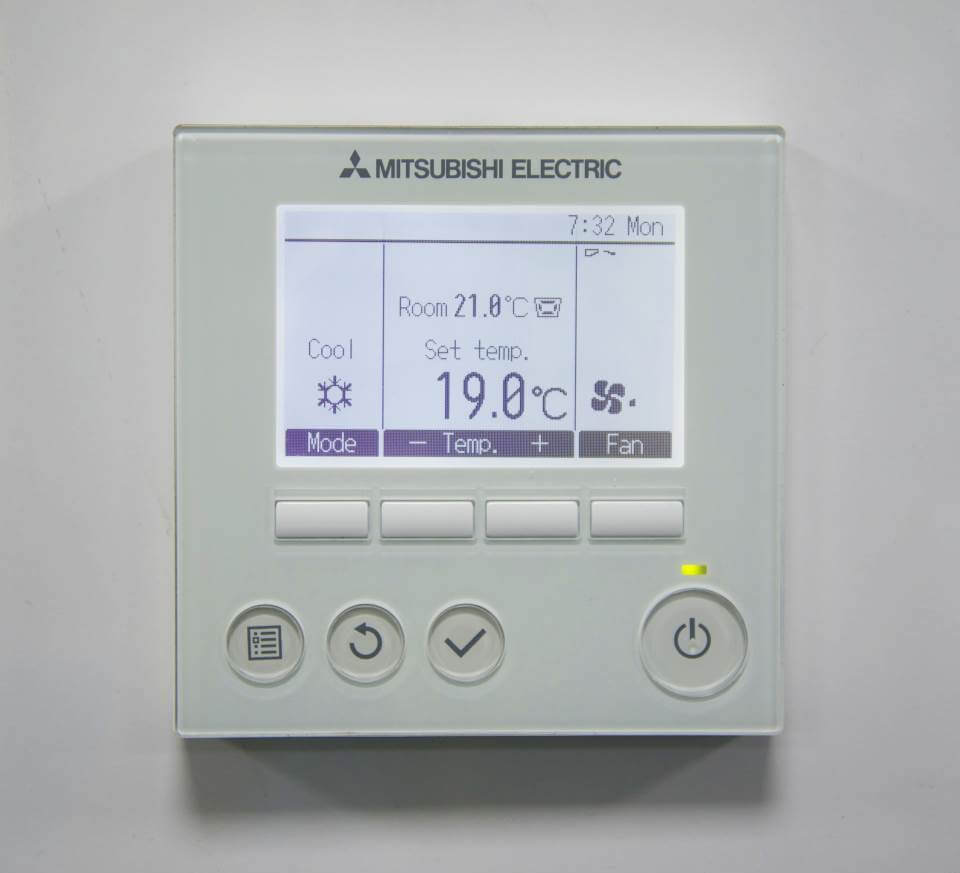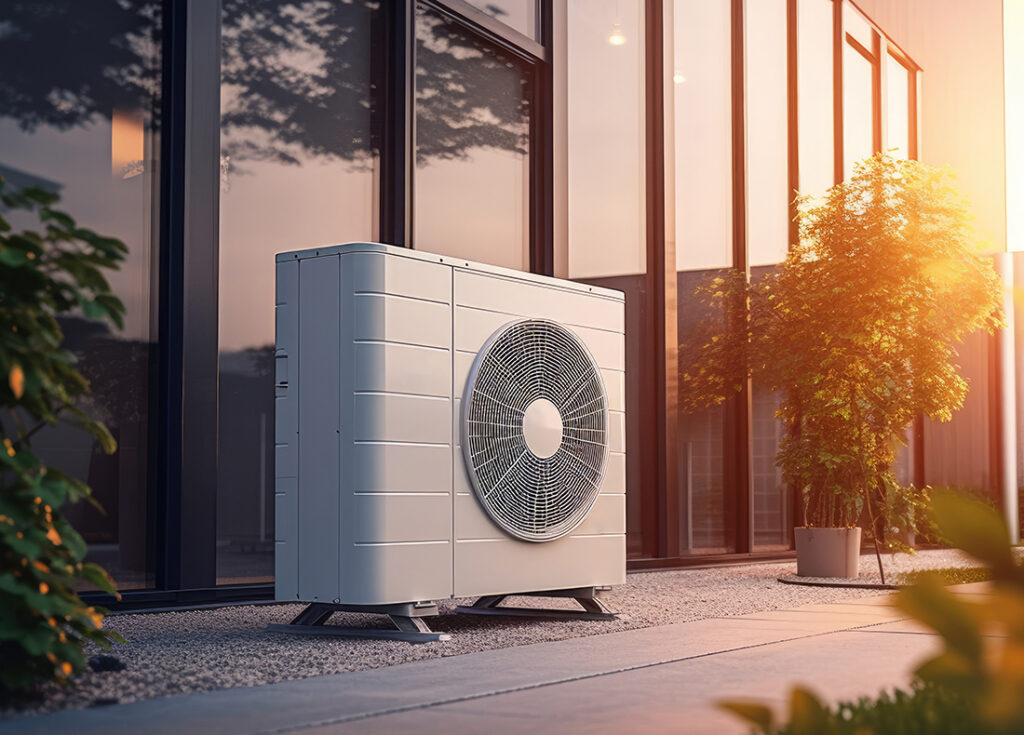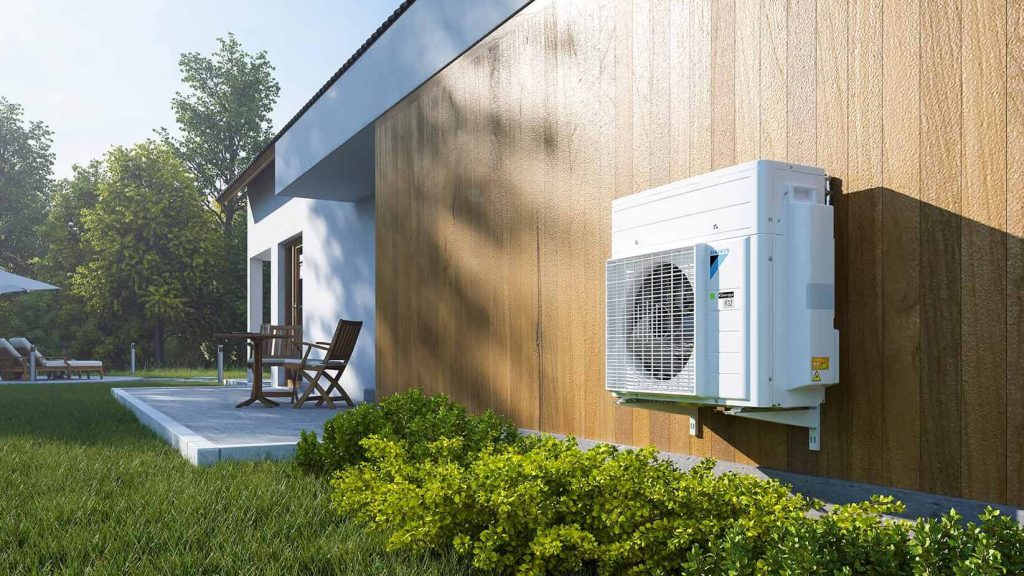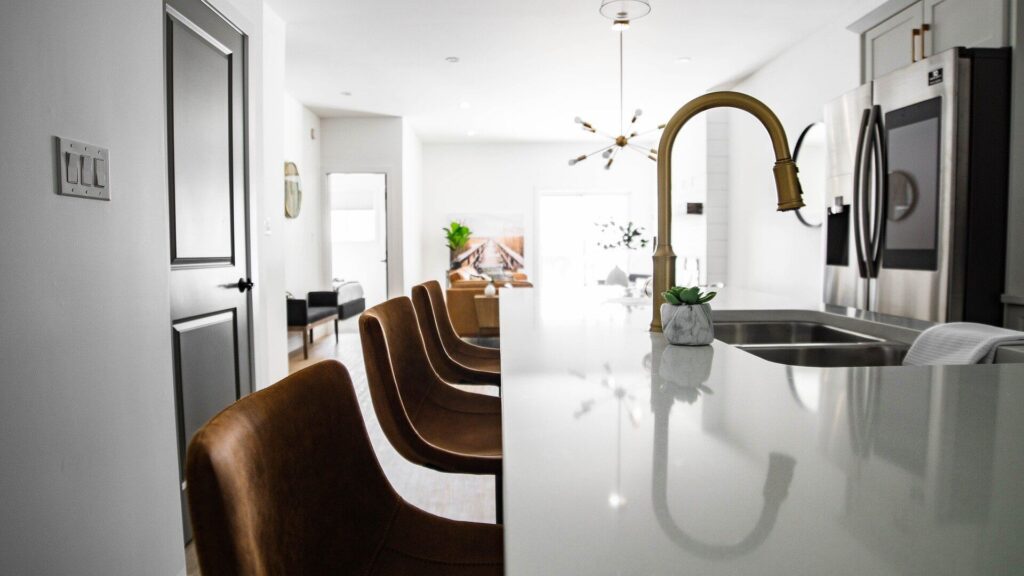HSE and CIBSE Guidance on Air Conditioning and Air Conditioning Maintenance

Estimated reading time 6 minutes
Given that many companies will be encouraging staff to come back to work after the government guidance of 17 July 2020 that from 1 August the Government’s advice for England on going to work is as follows: “Instead of government telling people to work from home, we are going to give employers more discretion, and ask them to make decisions about how their staff can work safely. That could mean of course continuing to work from home, which is one way of working safely and which has worked for many employers and employees. Or it could mean making workplaces safe by following COVID Secure guidelines. Whatever employers decide, they should consult closely with their employees, and only ask people to return to their place of work if it is safe. As we reopen our society and economy, it’s right that we give employers more discretion while continuing to ensure employees are kept safe.” Where a business decides it would like staff to return to work they must plan how employees can return to their office workplaces in a safe manner. During coronavirus this includes considering how best to use their air conditioning systems to keep staff safe including ensuring regular (planned) air conditioning maintenance is carried out.
COVID-19
In the case of COVID-19 the HSE state “The risk of air conditioning spreading coronavirus (COVID-19) in the workplace is extremely low as long as there is an adequate supply of fresh air and ventilation. You can continue using most types of air conditioning system as normal. But, if you use a centralised ventilations system that removes and circulates air to different rooms it is recommended that you turn off recirculation and use a fresh air supply. You do not need to adjust air conditioning systems that mix some of the extracted air with fresh air and return it to the room as this increases the fresh air ventilation rate. Also, you do not need to adjust systems in individual rooms or portable units as these operate on 100% recirculation. You should still however maintain a good supply of fresh air ventilation in the room. If you’re unsure, ask the advice of your heating ventilation and air conditioning (HVAC) engineer or adviser.”
They further say “Good ventilation can help reduce the risk of spreading coronavirus, so focus on improving general ventilation, preferably through fresh air or mechanical systems.”
Further information on COVID-19 and HVAC systems can be found on the Chartered Institution of Building Services Engineers (CIBSE). The CIBSE explain “While airborne transmission is not thought to be a primary route of transmission, there is an emerging and growing body of evidence that the SARS-CoV-2 can also be spread through the air, particularly in poorly ventilated indoor spaces, and that ventilation provision in buildings should be reviewed in the light of this. ...In spaces with little outdoor air, and when people generate a lot of aerosols (e.g. shouting and singing) it is prudent to ensure ventilation is operating appropriately to protect occupants. It is recommended that any ventilation or air conditioning system that normally runs with a recirculation mode should now be set up to run on full outside air where this is possible.”
The CIBSE recommends keeping air conditioning systems operational but running them at reduced speeds “In buildings with mechanical ventilation systems extended operation times are recommended. In demand control systems CO2 set points should be set to 400ppm to increase the delivery of outside air. Ventilation should be kept on for longer, with lower ventilation rates when people are absent. It is not recommended to switch ventilation systems off in any buildings, even those temporarily vacated, but to operate them continuously at reduced speeds.”
They go onto reiterate the message by the HSE that “Recirculation of air between spaces, rooms or zones occupied by different people should be avoided.”
They make a further interesting observation in relation to the fact that as we move into the colder autumn weather “A ventilation system on full outside air which is not adequately heated may create discomfort draughts. This may lead to users seeking to turn the system off, or with naturally ventilated spaces users may close vents or windows. These actions will reduce the air exchange rate and dilution of any contaminants (and not just any viral contamination) and overcome the primary objective of the ventilation strategy. It is important that where users can intervene in the control of the ventilation that they are made aware of the benefit of these for reducing the circulation of infectious material.”
They conclude “Airborne contaminants may be minimised by proper and effective filtration and regular maintenance.”
Legionella
According to the Health and Safety Executive (HSE) “if your workplace has been closed for an extended period and has air conditioning units that have a source of water that can generate an aerosol then there is a risk of Legionella being in the air conditioning system.”
Legionella causes Legionnaires' disease, named after a 1976 outbreak during an American Legion convention in Philadelphia, which is a lung infection you can catch by inhaling droplets of water containing Legionella Pneumophila bacteria that cause the infection. The disease can lead to pneumonia. If Legionella finds its way into a dormant air conditioning system it can grow and multiply. When the air conditioning system is turned back on droplets of water contaminated with Legionalla can then be circulated by the air conditioning system causing the spread of the disease throughout a workplace. Legionnaire’s disease is fatal in 10-15% of cases.
The HSE go onto say that “Small wall or ceiling-mounted units with closed cooling systems should not present a risk. Larger units may present a risk if they have improperly drained condensate trays, or humidifier or evaporative cooling sections where water can stagnate, becoming a reservoir for bacteria to grow.”
Regular air conditioning maintenance can check that your air conditioning system is clean thereby reducing the risk of Legionella.
Synecore Air Conditioning Maintenance
Synecore provides professional air conditioning Planned Preventative Maintenance (PPM) maintenance to businesses throughout Kent, London and the UK. Each of Synecore’s PPM packages are designed to meet the needs of individual businesses and to ensure full F-Gas compliance.
Contact Synecore to find out how they can help your business. Call us on 01795 509509, get in touch via our contact form or chat with us via our chat form.



